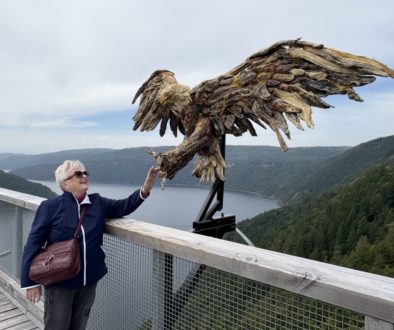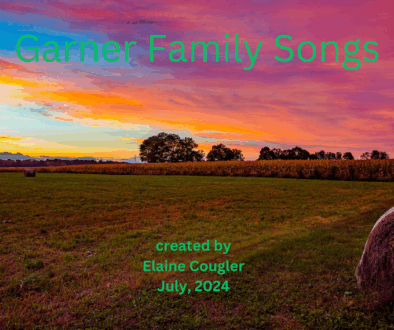What Makes a Great Writer Interview?

A Trip Back to the Launch of My First Book, The Loyalist’s Wife, and Some Notes on Author Interviews.
In 2013 I launched my first historical novel after spending 6 years writing, editing, rewriting, honing, conference-going and generally learning the writing business. It was a joyous time and I’ve had many such days since then with the exception of the quiet sendoff of my last book, The Loyalist’s Daughter, last December in the midst of the pandemic.
Here is what I wrote about part of that experience and the lessons still hold true today:
(First published December 16, 2015 on On Becoming a Wordsmith)
All writers want to know how to do a great interview and we’re delighted when someone asks us. Most of us love to get a chance to be treated like a writer.
Over the last three years since the first book in my Loyalist trilogy broke onto the vast market, I’ve been part of a lot of interviews, most of them online but a couple on radio and video for television. It’s an awesome ride for someone who found her new and most true life after retirement from a rewarding teaching career.
I’ve learned that interviews can vary all the way from being asked to write my own questions and answers to being given a huge list of questions to choose from. Many of the interviewers have tried to streamline their process in this and other ways because time is always a problem.
If the interviewer takes the writer’s answers and links them together in some way the whole piece can be very rewarding. If, however, the interviewer just strings the answers together with no preamble or linking words, the effect is just a little sterile.
Today I was reading the January 2016 issue of The Writer magazine and came across an article by Elfrieda Abbe complete with her interview of Julianna Baggott. The article began with a longish quote from Baggott’s YA novel, Pure, (“Pressia is lying in the cabinet….”) which absolutely hooked me. Talk about an opening! As I got to the actual interview questions–there are 14–I became more and more impressed with the work the interviewer put into this piece. She knew her subject intimately and linked her subsequent questions to things the author had revealed already. She asked Baggott to expand on such phrases as “undeniable truth” and “efficient creativity” showing that she was thoroughly enmeshed in the author’s work.

The Writer, January, 2016.
“What gave you the idea for Pressia’s disfigured hand?” she asked and my immediate reaction was that I must read this book. What power this interviewer had in her words and I’m convinced any author on the receiving end of such questions would be delighted.
The five-paragraph excerpt at the end of the interview revisits the quotation used in the opening but gives more information this time, expertly drawing the reader into the story. The last thing we are left to contemplate is where we might buy the book. Surely that must make the author smile. So, yes, this is a great writer interview showing both the writer’s absolute skill and the interviewer’s knowledge of just what her job is and her success at it. And I’m rewarded at this stage in my own career by having learned to dissect an article and see the process behind it.
Today my Loyalist books have grown to four and I’ve added a creative non-fiction to the mix. Just now I’m working on a memoir where I’ll disclose all the steamy parts of my life–NOT!



![Kathy riding Lexie (2[8] copy Kathy riding Lexie (2[8] copy](https://elainecougler.com/wp-content/uploads/2025/02/Kathy-riding-Lexie-28-copy-394x330.jpg)